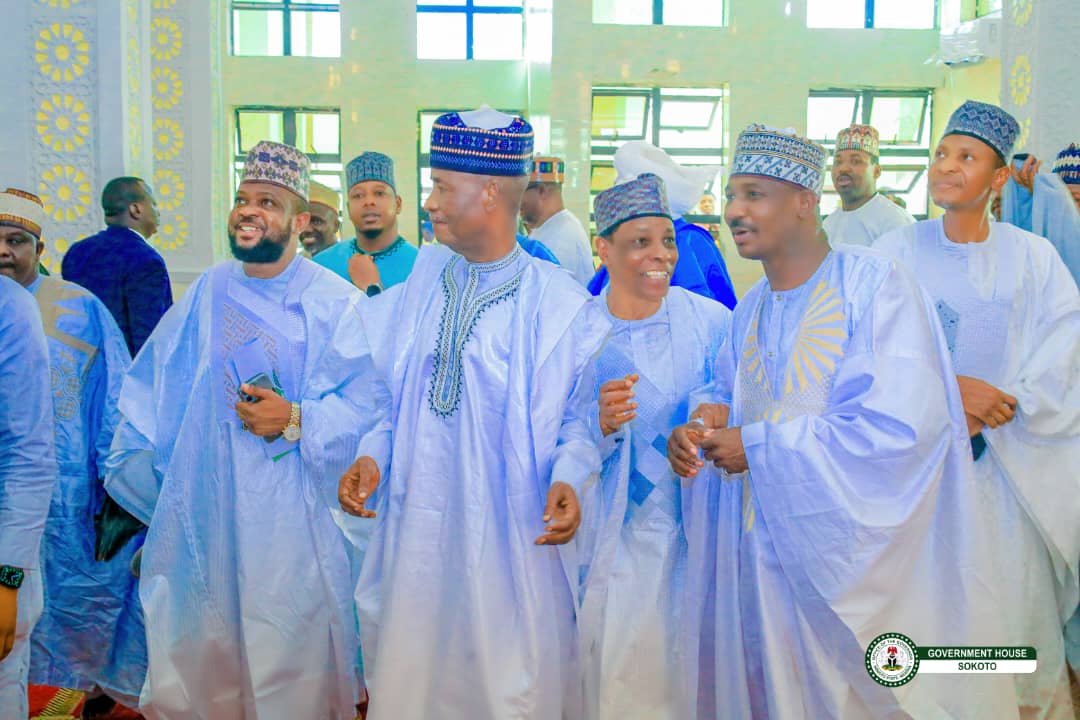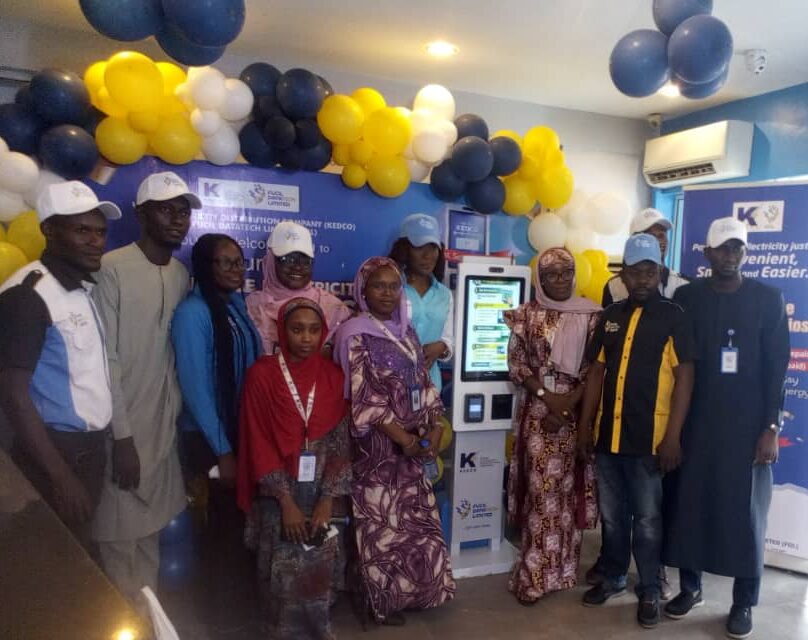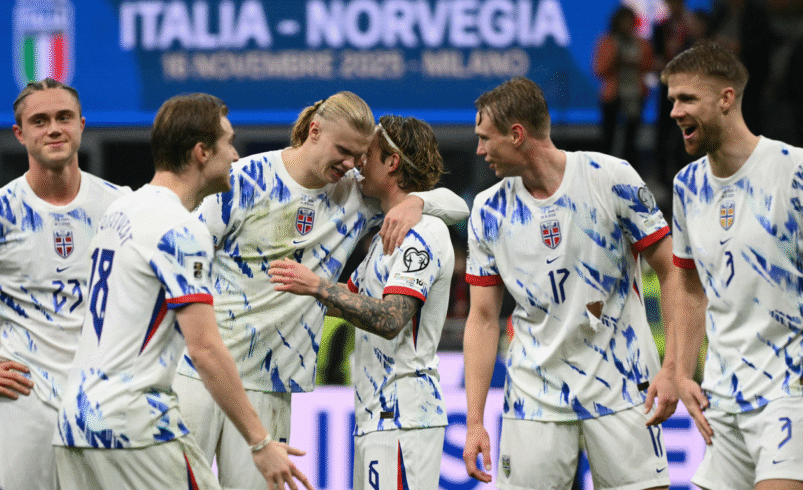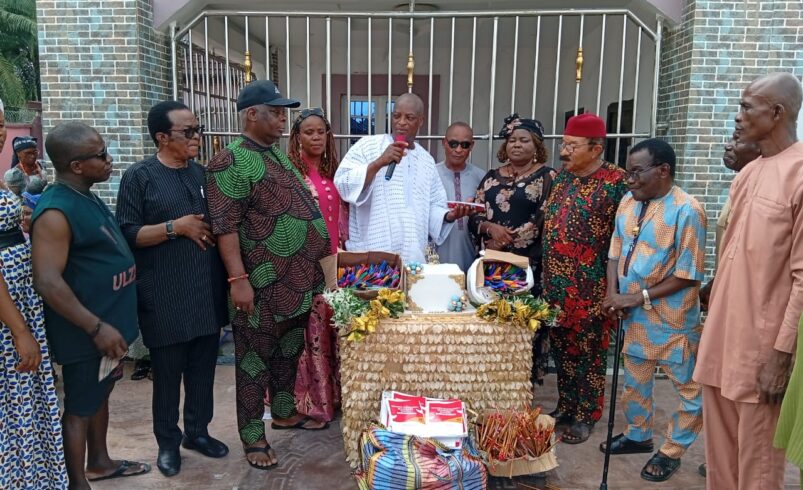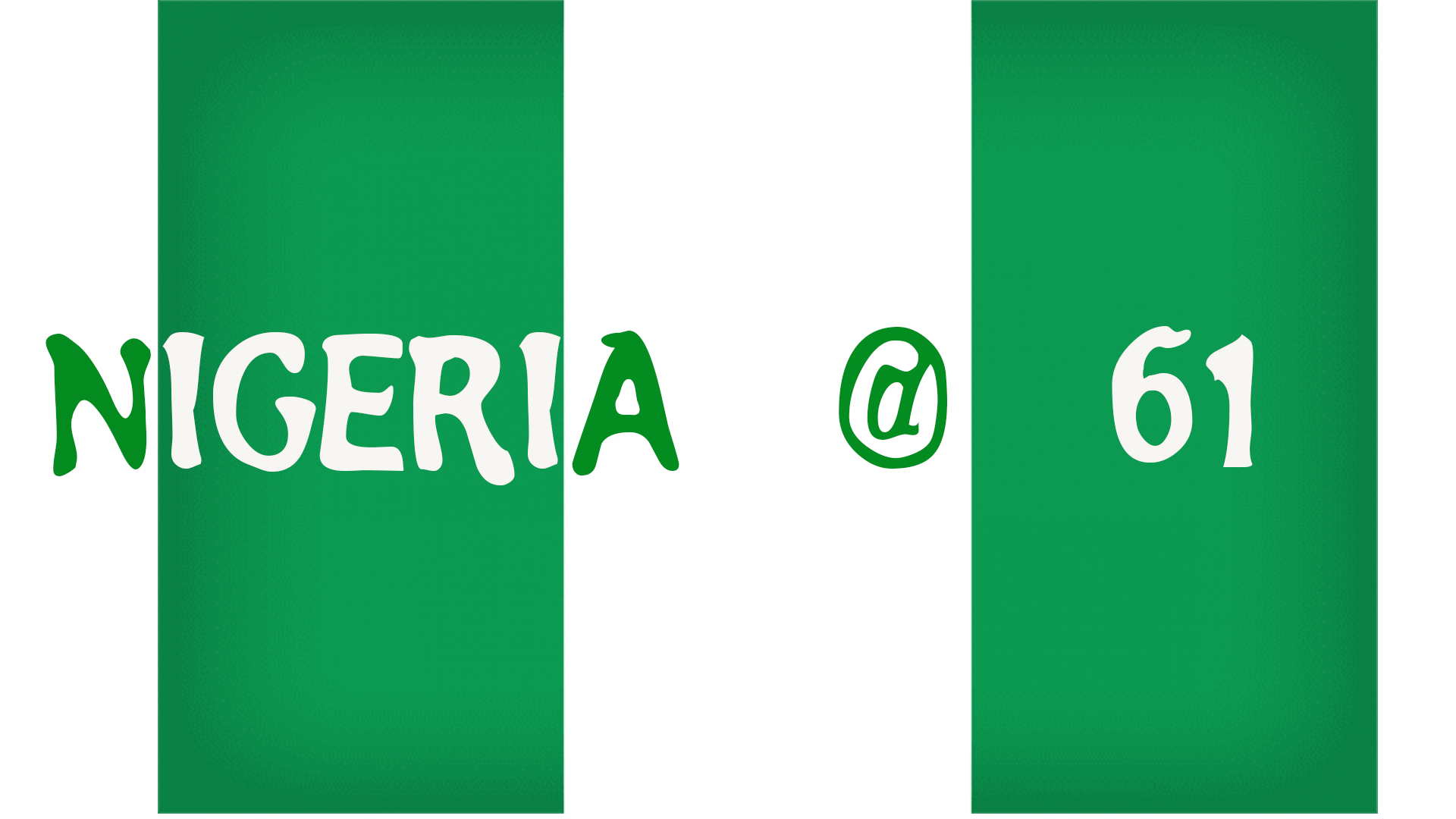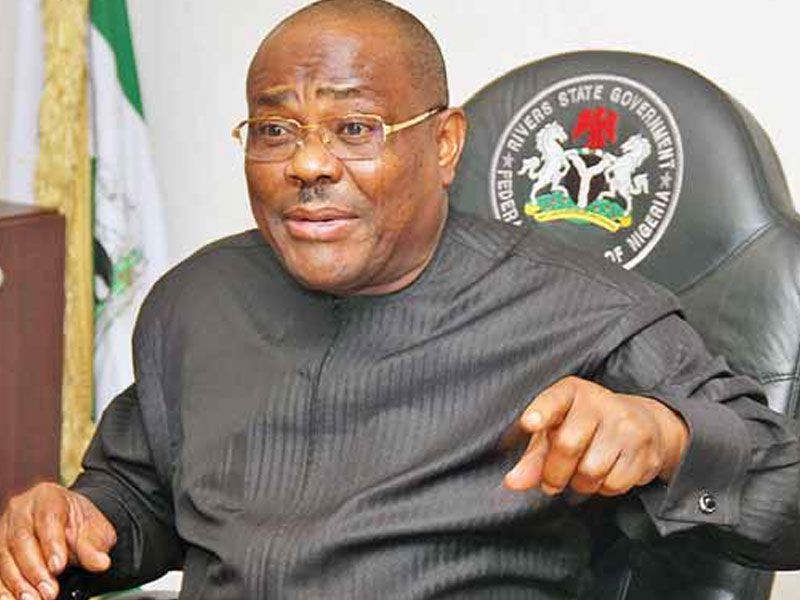Long before delegates filed into the Lekan Salami Stadium in Ibadan for the 2025 elective national convention, warning signs indicated that the Peoples Democratic Party (PDP) was heading for yet another stormy chapter in its troubled political history.
From disputed congresses to parallel court orders, and from factional chairmen to threats of walkouts, the convention was less a routine democratic exercise and more a battleground for legitimacy.
What unfolded in Ibadan was the climax of months of internal wrangling that stretched across state chapters, legal chambers, court registries, and political war rooms.
Though the party leadership projected confidence, insiders admitted that the real contest at the convention was not about ballots or positions; it was about the soul of a party fighting for survival.
Even the decision to host the gathering in Oyo State rather than the Federal Capital Territory was interpreted as a political compromise designed to prevent open confrontation between warring camps.
By the time voting ended at about 9:30 pm, and sorting of ballots commenced, the stadium was thick with anxiety, delegates moved cautiously, campaign agents watched nervously, and security men patrolled aggressively.
But as ballots were being counted, questions emerged: Had the PDP finally found unity? Or did the cracks simply widen beneath the surface?
The Controversy That Refused to Go Away
Several days before the convention, a Federal High Court injunction sought to stop the event over alleged irregularities in delegate lists.
Two different claimants from the North-East insisted they were the authentic national vice-chairman, each parading opposing court documents.
In the South-South, a separate faction claimed the screening committee was illegally constituted and violated the principles of internal democracy.
Meanwhile, the Board of Trustees (BoT) attempted to mediate, but its authority had eroded after a series of resignations and counter-accusations of bias.
By convention day, at least five emergency meetings had been held by party elders, but none produced a unanimous roadmap.
Delegates arrived carrying not just accreditation cards, but the weight of anger, suspicion, and deep factional distrust.
Power Blocs: The Forces Behind the Turmoil
Analysts identified three major power centres shaping the Ibadan showdown.
The first was the bloc loyal to the 2023 presidential candidate, determined to retain dominance of the National Working Committee (NWC).
The second was the coalition of governors, particularly the G-5 remnants, seeking to reclaim influence they felt had been undermined in the last election cycle.
The third was the Northern caucus, which saw the convention as its final chance to reposition the region for the 2027 political map.
Each power bloc arrived in Ibadan armed with legal teams, strategists, and back-channel negotiators.
Hotel lobbies across the city became makeshift political command centres where emissaries shuttled between camps.
Rumours spread that several aspirants had been pressured overnight to step down, while others threatened court action if votes went against them.
The Legal Web: Courts, Injunctions, and Conflicting Orders
Within 48 hours of the convention, two courts in Abuja and one in Port Harcourt reportedly issued conflicting rulings regarding the eligibility of certain delegates.
Lawyers from opposing factions circulated judgments on social media as evidence of their camp’s legal superiority.
One judge reportedly declined to hear an emergency motion, citing an “abuse of judicial process,” sparking outrage from a faction that claimed victimisation.
On the convention grounds, several candidates avoided the press for fear of violating gag orders issued by courts.
Party lawyers admitted privately that the PDP now faces more litigation than at any point in its 26-year history.
When asked if the legal tussles could nullify the outcome, a senior lawyer replied: “Anything is possible. Nothing is off the table.”
Inside the Convention Arena: An Uneasy Calm
As night fell and voting concluded, the stadium’s floodlights illuminated more than just ballot boxes; they shone on a party trying hard to look united.
Delegates from 30 states had voted, but many whispered that the process excluded parallel delegates from contentious states such as Rivers, Lagos, and Kano.
Security operatives formed multiple rings around the sorting area, anticipating disruptions.
A group of youth leaders protested briefly, alleging manipulation in the accreditation process, before being dispersed.
Some aspirants remained conspicuously absent from the sorting area, fueling speculation about last-minute deals.
A senior party official described the atmosphere as “calm on the outside, combustible on the inside.”
Shadow Negotiations Behind the Stadium Walls
While ballots were being sorted, governors held a closed-door meeting in a nearby lounge to determine how to prevent a post-convention implosion.
A leaked audio indicated heated exchanges, with one governor accusing a colleague of “hijacking the party.”
Former ministers and ex-governors also huddled separately, evaluating whether to challenge the emerging NWC lineup.
Sources said emissaries from two presidential hopefuls monitored the proceedings from a hotel in Bodija.
The fear was not just of losing elections—it was of losing control of party structures ahead of 2027.
The Crisis Beneath the Crisis
Beyond the convention theatrics, the PDP faces deep existential questions.
Its membership registers in several states remain disputed.
Funding challenges have exposed internal inequalities.
Younger party members are frustrated with what they call “gerontocratic recycling.”
The party has not fully recovered from its 2023 electoral defeat or the betrayal that split the last presidential campaign.
With multiple state chapters under caretaker committees, the PDP is essentially held together by fragile politics rather than firm ideology.
The Bigger Picture: What Ibadan Revealed
The Ibadan convention highlighted a party still struggling to reconcile old grievances and new ambitions.
It showed that unity statements issued from podiums rarely reflect realities on the ground.
The convention also revealed a dangerous trend: the over-reliance on courts to solve internal political problems.
For a party that once controlled 28 states, the PDP now battles to maintain internal order.
If the electoral commission upholds the outcomes, fresh litigation may follow almost immediately.
What is clear is that the PDP’s journey toward rebuilding will require more than speeches, conventions, and ad-hoc reconciliations.
As the last ballot was lifted during sorting, one veteran delegate whispered a warning: “This party is not fighting outsiders. We are fighting ourselves, and that is the real danger.”
Akeem Adeyemi is the Online Editor of Standard Times Nigeria, and can be reached at 08136313419. adecomloaded@gmail.com.



